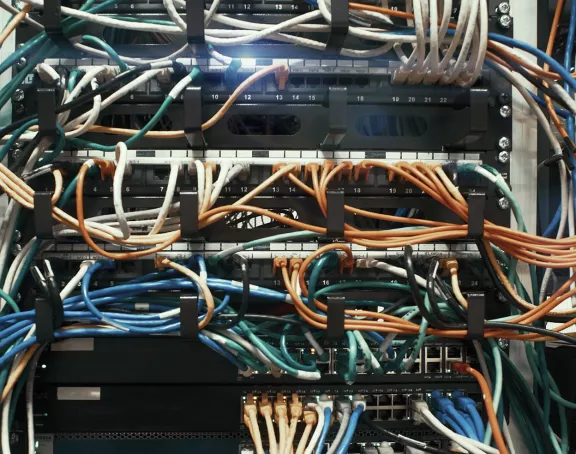Digital Law Up(to)date: CJEU allows decompilation of computer programs to correct errors
In this blog, we briefly present a judgment of the Court of Justice of the European Union on the decompilation of computer programs to correct errors.
On 6 October 2021, the Court of Justice of the European Union (CJEU) ruled that the decompilation of a computer program to correct an error in the functioning of that program does not infringe the exclusive rights of the author of the program (case C-13/20, Top System SA v. Belgian State).
The decompilation is the process of translating object code to (quasi-)source code. Therefore, a decompilation constitutes an alteration of the program’s code, which involves a reproduction of that code, and a translation of the form of that code. According to the article 4 of the directive on computer programs (the old and the new), these acts (reproduction and translation) come within the exclusive rights of the authors.
However, these restricted acts are not absolute. Articles 5 and 6 of the directive list exceptions. According to the CJEU, the decompilation in order to correct an operating problems falls within the scope of these exceptions, provided that four requirements are met:
- Compliance with the purpose, i.e. the correction of the error;
- Necessity of the decompilation;
- Examination of any specific contractual provisions relating to the correction of the error; and;
- Prohibition on using the results of the decompilation for purposes other than the correction of the error.
This article was co-authored by Edouard Cruysmans in his capacity of Professional Support Lawyer at Stibbe.

